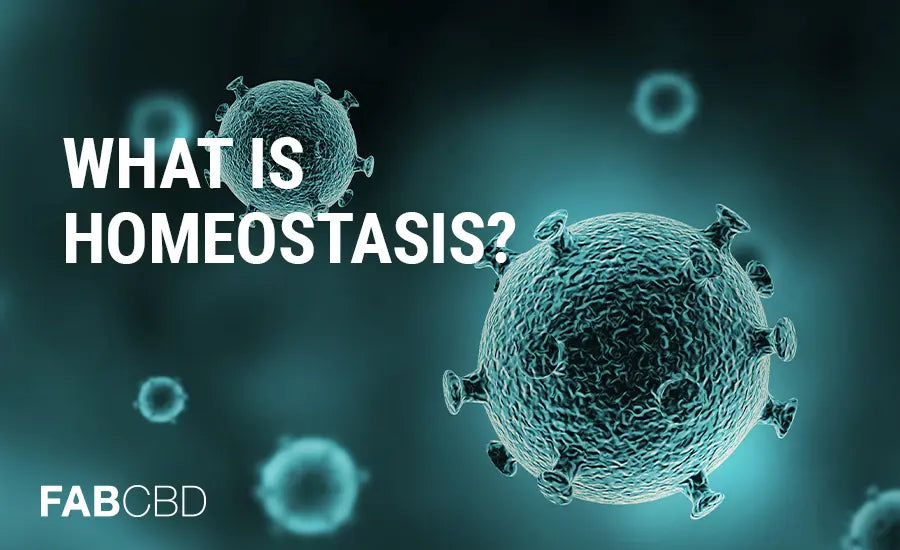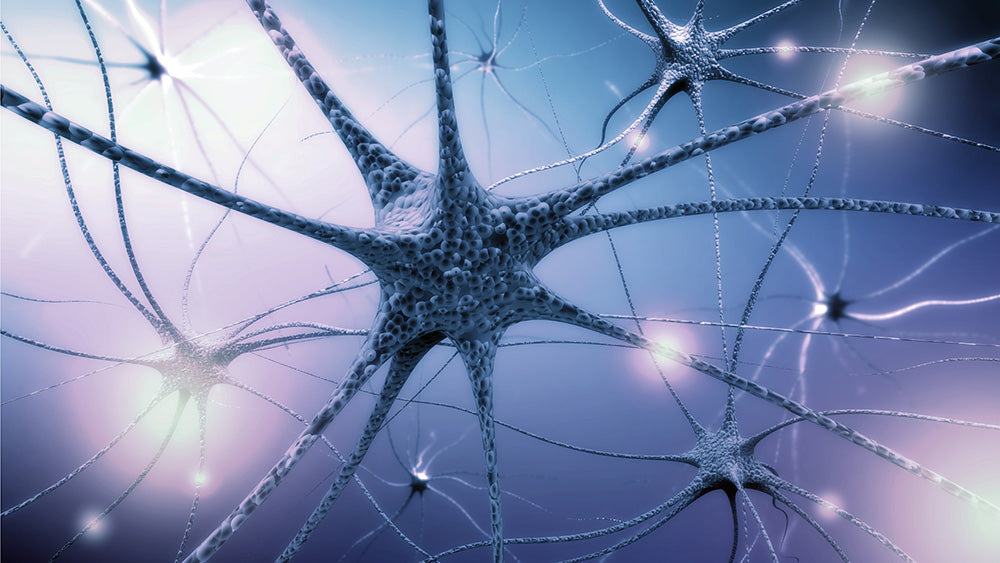
What is Homeostasis?
Imagine your body as a finely tuned machine, constantly adjusting to maintain a stable internal environment. This self-regulating process, known as homeostasis, is crucial for survival.
It ensures that essential factors such as body temperature, blood pressure, and blood sugar levels remain within a narrow range despite external changes.
Think of it as a dynamic equilibrium, where the body's systems work harmoniously to keep everything balanced. When homeostasis is disrupted, it can lead to serious health issues, highlighting its significance for the continuity of life.
In this blog, we'll dive deeper into the mechanisms of homeostasis and its importance.
Understanding Homeostasis
Homeostasis, a term derived from the Greek words for "similar" and "steady," refers to the process by which living organisms maintain a stable internal environment despite external fluctuations. This self-regulating mechanism is essential for the survival of living things, as it ensures that vital conditions such as temperature, pH, and electrolyte balance are kept within a narrow, optimal range.
At the heart of homeostasis lies the concept of dynamic equilibrium. Unlike a static state, where everything is constant, dynamic equilibrium involves continuous yet controlled changes. The human body, for example, constantly adjusts its internal temperature, blood glucose levels, and blood pressure to adapt to varying external conditions. These adjustments are made through negative feedback loops, where sensors detect deviations from the set point, and effectors work to restore balance.
The importance of homeostasis extends beyond individual comfort; it is a fundamental principle that underpins the adaptive capabilities of living organisms. From single-celled bacteria to complex mammals like humans, maintaining a stable internal environment is a hallmark of life.
Mechanisms of Homeostasis
Homeostasis is maintained through a finely tuned system involving receptors, control centers, and effectors. Receptors detect changes in the internal environment, such as a deviation in body temperature or blood sugar levels. These changes are then relayed to control centers, typically the brain or endocrine glands, which evaluate the information and determine the necessary response.
Effectors, such as organs or tissues, are activated to restore balance. For instance, if the body overheats, sweat glands are triggered to cool it down, while a drop in blood sugar levels prompts the pancreas to release glucagon, raising glucose levels.
Central and Endocrine Systems' Role
The central nervous system and the endocrine system play pivotal roles in coordinating homeostatic responses. The central nervous system processes information from receptors and sends signals to the appropriate effectors, while the endocrine system uses hormones to regulate activities. For example, the hypothalamus in the brain helps regulate body temperature and the release of hormones from the pituitary gland.

Feedback Loops
Homeostasis relies on feedback loops to maintain stability. Negative feedback loops counteract changes, bringing the system back to its set point. For example, when blood pressure rises, receptors signal the brain, which then prompts blood vessels to dilate, lowering the pressure. Positive feedback loops, although less common, amplify changes to move the system to a new state, such as the release of oxytocin during childbirth to intensify contractions.
Homeostasis in Ecosystems
Homeostasis extends beyond individual organisms to ecosystems. In ecosystems, homeostasis is achieved through biodiversity and ecological interactions, ensuring stability and resilience. For example, predator-prey relationships help regulate population sizes, maintaining a balanced ecosystem.
Importance of Homeostasis in Health
Homeostasis is the cornerstone of our health, playing a crucial role in both wellness and disease prevention. Many common health conditions, such as diabetes and hypertension, are directly linked to disruptions in homeostatic processes.
For example, diabetes results from the body's inability to maintain stable blood sugar levels, while hypertension involves the failure to regulate blood pressure within a normal range.
The importance of homeostasis extends beyond specific diseases. It underpins our overall well-being, ensuring that all bodily systems work in harmony to maintain a balanced internal environment. This balance is vital for optimal physiological functioning and resilience against external stressors.
Understanding and supporting homeostatic mechanisms is key to promoting health and preventing disease.
Conclusion
Homeostasis is a vital biological process that ensures our body's internal environment remains stable despite external changes. It's the foundation of our health, regulating everything from body temperature to blood sugar levels. Maintaining homeostasis is crucial for survival, as disruptions can lead to various health issues.
Understanding the importance of homeostasis highlights the need to support our body's natural balance. A healthy diet, exercise, and sleep all help to maintain homeostasis. Natural supplements can also support your body’s equilibrium by supplying vitamins and nutrients that you may be lacking in your daily routine. Fab CBD offers CBD supplements that may impact your endocannabinoid system, potentially supporting homeostasis.*
Homeostasis FAQs
What is an example of homeostasis in a living thing?
A classic example of homeostasis in a living thing is human body temperature regulation. This is where various physiological adjustments are made to maintain a stable internal temperature.
How does the body respond to changes in homeostasis?
The body responds to changes in homeostasis through negative and positive feedback mechanisms that either counteract or amplify changes, ensuring stability is maintained.
What role does the kidney play in homeostasis?
The kidney plays a crucial role in homeostasis by regulating fluid and electrolyte balance, filtering out excess substances, and retaining those necessary for balance.
Can homeostasis affect disease progression?
Yes, many diseases are linked to the disruption of homeostatic processes, highlighting the need for a balanced internal environment for disease progression.
How does homeostasis relate to stress and anxiety?
Homeostasis relates to stress and anxiety as stress can disrupt homeostatic balance, leading to various physical and psychological responses that aim to restore equilibrium.
*This statement has not been evaluated by the Food and Drug Administration. This product is not intended to diagnose, treat, cure, or prevent any disease.






